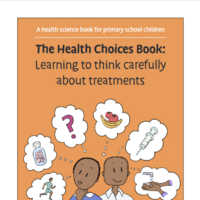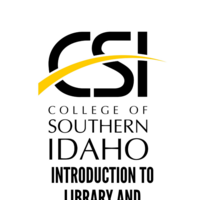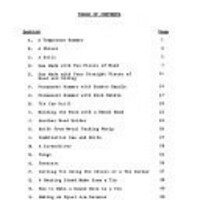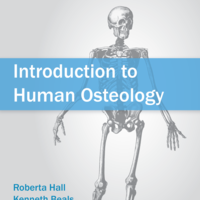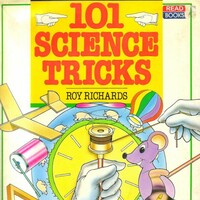Search
Books+
Searching 1,730 books
Search related to the career Dentist
What a Dentist Needs to Know:
Anatomy and Physiology:
- In-depth knowledge of oral anatomy, including teeth, gums, tongue, and jaw structure.
- Understanding of the physiology of the oral cavity and its functions.
Oral Diseases and Conditions:
- Familiarity with various dental diseases such as tooth decay (cavities), gum diseases, oral infections, and oral cancer.
- Knowledge of oral conditions like malocclusion (misalignment of teeth), bruxism (teeth grinding), and halitosis (bad breath).
Dental Treatments and Procedures:
- Expertise in performing dental examinations, cleanings, and X-rays.
- Understanding of restorative procedures like fillings, crowns, bridges, and dental implants.
- Knowledge of cosmetic dentistry procedures such as teeth whitening, veneers, and orthodontics.
- Proficiency in oral surgery techniques, including extractions and root canal treatments.
Local Anesthesia and Pain Management:
- Understanding of different local anesthesia techniques and their administration.
- Knowledge of pain management strategies during dental procedures.
Dental Radiography:
- Proficiency in interpreting dental X-rays and diagnosing dental conditions based on radiographic images.
Oral Hygiene and Preventive Care:
- Knowledge of proper oral hygiene practices and preventive care measures to educate patients.
- Understanding of fluoride treatments, sealants, and preventive measures against dental diseases.
Infection Control and Sterilization:
- Familiarity with infection control protocols and sterilization techniques to maintain a safe dental environment.
Medical Conditions and Medications:
- Awareness of medical conditions that can impact dental health, such as diabetes, cardiovascular diseases, and autoimmune disorders.
- Knowledge of medications and their potential oral side effects.
Patient Management and Communication:
- Effective communication skills to interact with patients, explain treatment plans, and address their concerns.
- Ability to manage patient anxiety and provide a comfortable dental experience.
Ethics and Legal Considerations:
- Understanding of ethical principles in dentistry, including patient confidentiality and informed consent.
- Knowledge of legal regulations and professional standards governing dental practice.
Continuing Education:
- Commitment to staying updated with the latest advancements in dental technology, techniques, and research through continuing education programs.
Business and Practice Management:
- Basic knowledge of managing a dental practice, including appointment scheduling, billing, and record-keeping.
Emergency Procedures:
- Familiarity with emergency protocols to handle dental emergencies like tooth fractures, avulsions (knocked-out teeth), and oral trauma.
Interdisciplinary Collaboration:
- Ability to collaborate with other healthcare professionals, such as orthodontists, periodontists, and oral surgeons, for comprehensive patient care.
Professional Development:
- Dedication to maintaining professional competence and adhering to ethical standards throughout their career.
Source: Various AI tools
Vocational skills
Searched in English.


